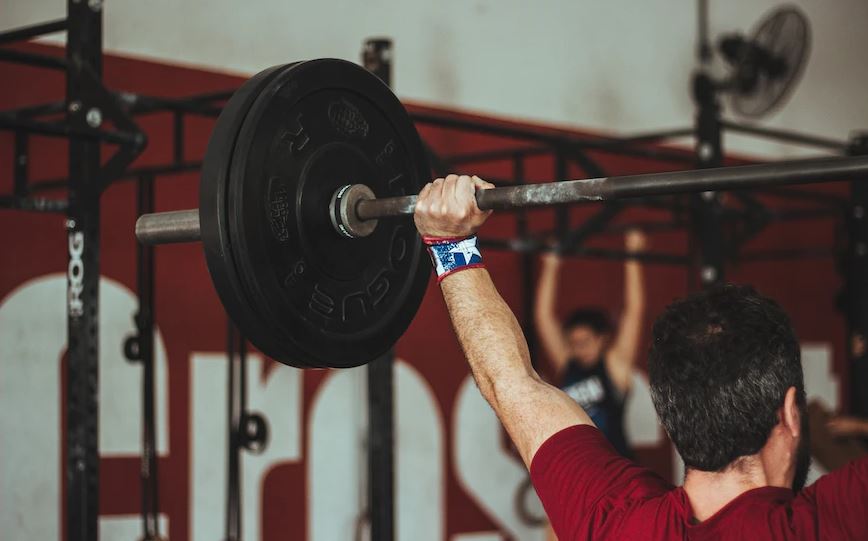Can Weight Lifting Increase Longevity?
Did you know that strength training can help you live longer? The reason is simple: as people get older, they lose muscle mass. If someone live up to 90 years old, they will have lost half the muscle mass they had at age 30.
Building muscle has many benefits that contribute to increased longevity:
- · Increased strength
- · Improved mobility
- · Better balance
- · Enhanced joint and ligament protection
- · Reduced injury
- · Higher metabolism
- · More robust immune systems
At a minimum, you should work all your muscle groups twice a week. You can work out at home, or if you need more equipment and enjoy working out with others, you can join an organization like Fitness19 for an affordable gym in your neighborhood.
A Remarkable Study
When you read that weightlifting can increase longevity, it’s easy to assume that this applies to any form of exercise. However, a study from Penn State College of Medicine specifically studied the effects of strength training on longevity. According to an article in Men’s Health, “Researchers surveyed people age 65 or older about their exercise habits and then tracked them for 15 years. Nearly a third of the study participants died during that period. Less than 10 percent of the subject’s strength trained, but those select few were 46 percent less likely to die during the study than everyone else.”
The article also goes on to say that this study didn’t just include people who were already healthy and who had a better chance of living a longer life anyway. It adjusted for a variety of health-risk problems, ranging from chronic conditions like diabetes to bad habits like smoking and drinking, and still found that lifting resulted in a 19 percent increase in longevity.
Why Strength Training Improves Longevity
Strength training provided a number of benefits like increased muscle mass and stronger bones, a higher metabolism and healthier weight control, and lower risk of chronic illnesses because of an improved immune system.
Let’s take a quick look at these factors:
1. Increased muscle mass and stronger bones.
Lifting weights causes micro tears in the muscle fibers. The body then overcompensates by rebuilding bigger, stronger muscle fibers with protein and micro-nutrients. Over time a person gains muscle size, and with increased size, more strength. The pressure of lifting a weight also affects the bones, increasing their density. This reduces the risk of osteoporosis, which is loss of bone mass as a person ages. Utilizing a grip improvement program from GripStrength would also go a long way in making sure you can grip objects with ease going into your later years.
2. Higher metabolism and improved weight control.
People gain weight because of a sedentary lifestyle. It’s harder to digest the food they eat, their muscles get weaker, and their metabolism gets increasingly slower. Weightlifting reverses this trend. The body absorbs nutrients better because of improved digestion and elimination, muscles get stronger, and metabolism rate increases. In addition, during weightlifting calories get burned faster which reduces fat storage. Just 10 minutes of exercise can burn as much as 200 calories.
3. Lower Risk of Chronic Illnesses
Weight lifting strengthens the heart, improves digestion and elimination, stimulates the lymphatic system, and enhances detoxification through sweating. These and other effects all boost the immune system. A person who lifts weight is also more likely to have an agile lifestyle. They walk taller, lift more things, and do more walking. This, too, enhances attitude, well-being, and immune strength.
Quality of Life
Lifting weights does more than make you stronger and healthier; you also feel good and are more likely to be engaged in improving many aspects of your life. You will sleep better, have better relationships, and are more likely to do great things in your life and your business.




